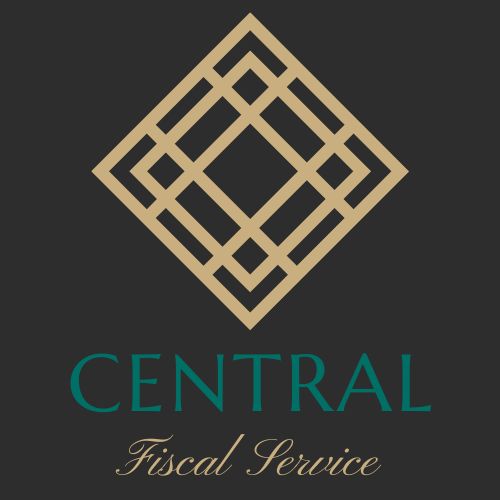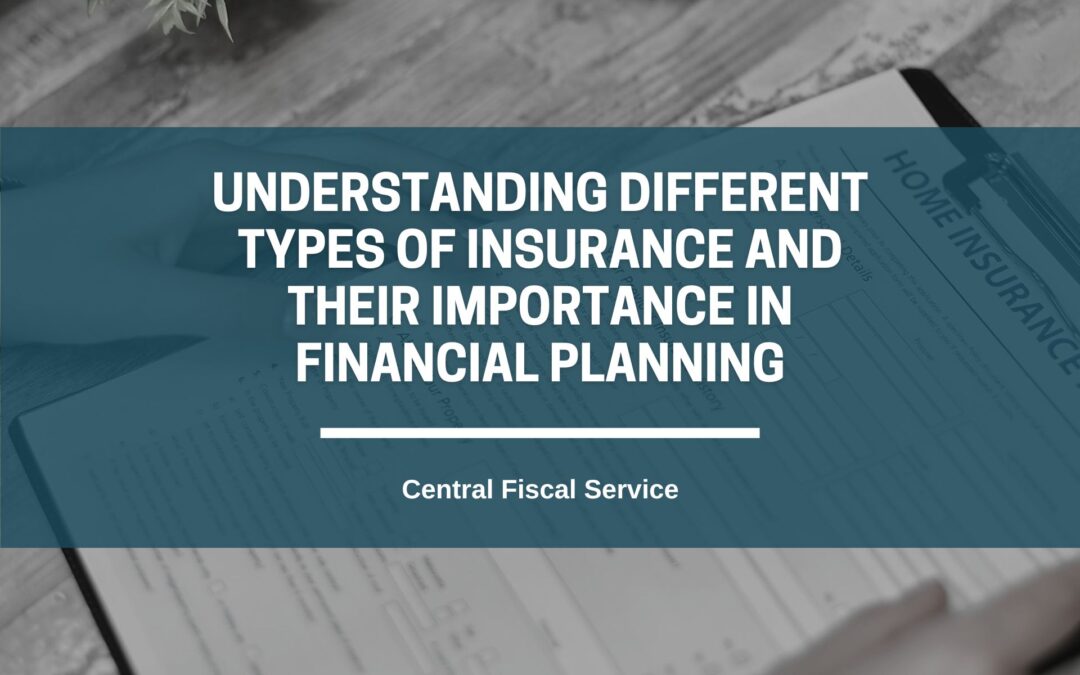In a world filled with uncertainties, safeguarding your financial well-being is paramount. Navigating the diverse landscape of insurance can be daunting, but understanding the basics is crucial for effective financial planning. Let’s break down eight essential types of insurance that can shield you from unforeseen challenges: auto, homeowners, renters, umbrella, life, health, disability, and long-term care.
Auto Insurance:
Almost all states mandate auto insurance, underscoring its importance. Liability coverage is key, compensating others for injuries and property damage in case you’re at fault. Additionally, comprehensive and collision coverage safeguard your vehicle from theft, accidents, and natural disasters. Considering the rising costs of repairs, having adequate coverage is wise.
Homeowners Insurance:
If you own a home, homeowners insurance is a prudent choice. This coverage protects your dwelling, personal property, and provides liability coverage. Ensuring your coverage is sufficient is crucial, as underinsurance can be devastating in the face of a catastrophic loss.
Renters Insurance:
Renters insurance, though not legally mandatory, offers exceptional value. It covers personal property, liability, additional living expenses, and medical payments. Averaging around $14 a month, it provides peace of mind and is often required by landlords.
Umbrella Insurance:
For those with substantial assets, umbrella insurance extends coverage beyond auto and home policies. It covers injuries, property damage, lawsuits, slander, and personal liability situations that exceed other policy limits.
Life Insurance:
Life insurance is a vital component of financial planning, preventing hardships for loved ones upon the policyholder’s death. Term life insurance suits temporary needs, while permanent life insurance provides lifelong coverage and cash value opportunities.
Health Insurance:
Given the high costs of healthcare, having health insurance is essential. Whether through an employer or private plans, it covers doctor visits, surgeries, medications, and hospital stays. Open enrollment periods are crucial for securing coverage.
Disability Insurance:
Often overlooked, disability insurance is invaluable. Long-term disability coverage, especially, can replace a significant portion of income if a disability occurs. With workplace injuries being less common than other causes, having this coverage is a prudent financial move.
Long-Term Care Insurance:
With a significant likelihood of needing long-term care as one ages, long-term care insurance becomes important. While it can be costly, it ensures you can afford the type of care you desire.
Understanding these types of insurance and assessing your needs with an insurance agent is a fundamental step in financial planning. Customizing coverage based on your circumstances ensures that you are well-protected without compromising your budget. Insurance serves as a cost-effective shield, providing financial security in the face of life’s uncertainties.

